1980s
For my doctoral research I looked at how children in a non-western, mostly non-literate peasant village called San Juan de los Remedios in Cauca Colombia, learned to become competent peasants like their parents. While understanding how children learned within the context of agrarian chores seemed easy, I found formal schooling to be rather perplexing. Everything I had read about the cognitive consequences of schooling led me to anticipate that in school I would find routines that would develop a hypothetic-deductive reasoning. But this was not the case. Instead I found that most of the classroom activities were very difficult for the students to understand, and that, at the end of the day, most learning was reduced to rote memorization. For the first time, I encountered children who could talk articulately about how chores were carried out, and yet, when it came to describing what they learned in school, mostly ended up reciting a litany of disjointed facts and had no way of making sense of those bits of information. This duality in the modes of learning used by the same child to adapt to these contrasting learning environments was the central theme of my thesis. My findings and analysis of the San Juan experience deeply influences any research I do, in particular when examining how students relate to printed text. I always wanted to return to San Juan, but alas, that part of Colombia has been the center of much violence due to the combination of coca trafficking, paramilitary, guerrilla and some military presence.
Here are some photos taken at the time.

sj18 
Children taking a break during a potato harvest 
Shlepping up and down the hills of San Juan can be exhausting 
sj59 
At the funeral of an elder o “mayor” 
Theater in San Juan 
sj46 
The local priest plays the role of priest in the play 
sj44 
sj43 
I played the role of mother 
In the play, girls talk about becoming nuns 
Boy learning cooking chores. SInce he travels with his father on the bus, he needs to know how 
Generally boys are more valued than girls. 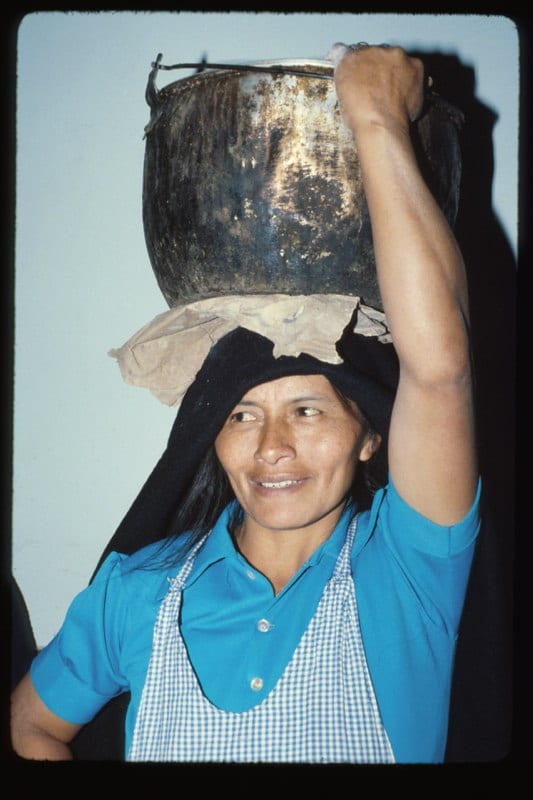
Getting ready to make a batch of fresh cheese 
Three generations in the Macias family 
Burial of an elder or “mayor” at the local church. All the schools children attend the ceremonies at the church and the cementary 
sj6 
Election day 
sj4 
sj9 
sj38 
sj35 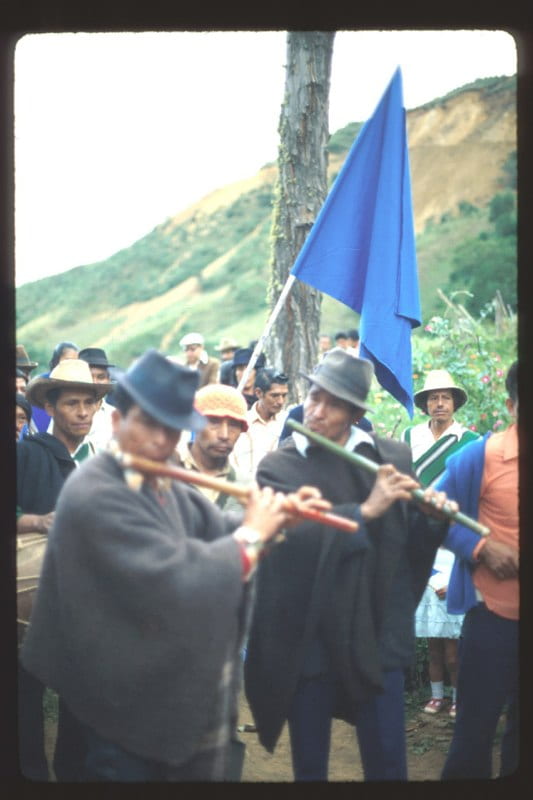
sj28 
sj51 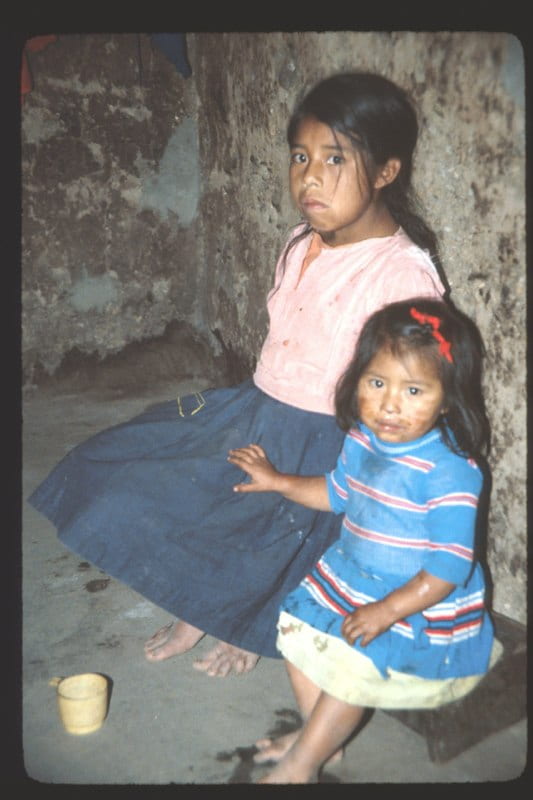
sj32 
sj54 
sj10

sj12 
sj27 
sj15 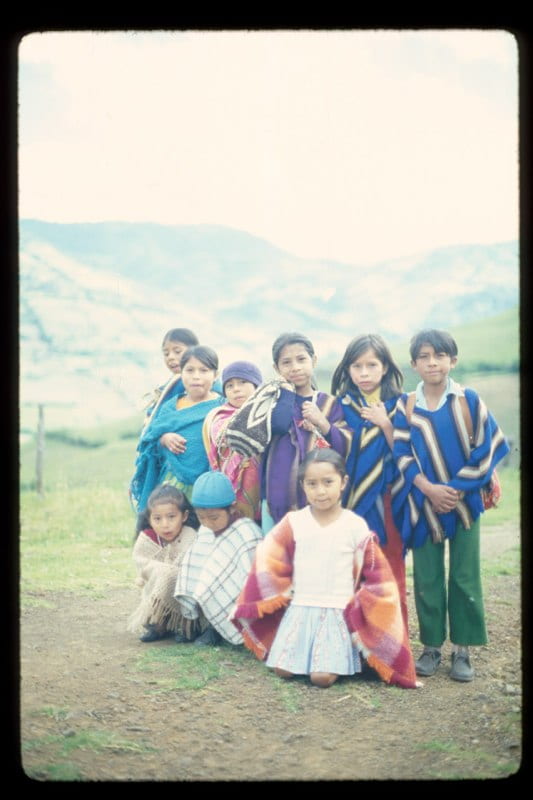
After school, children get a chance to socialize with children from different families and 
sj55 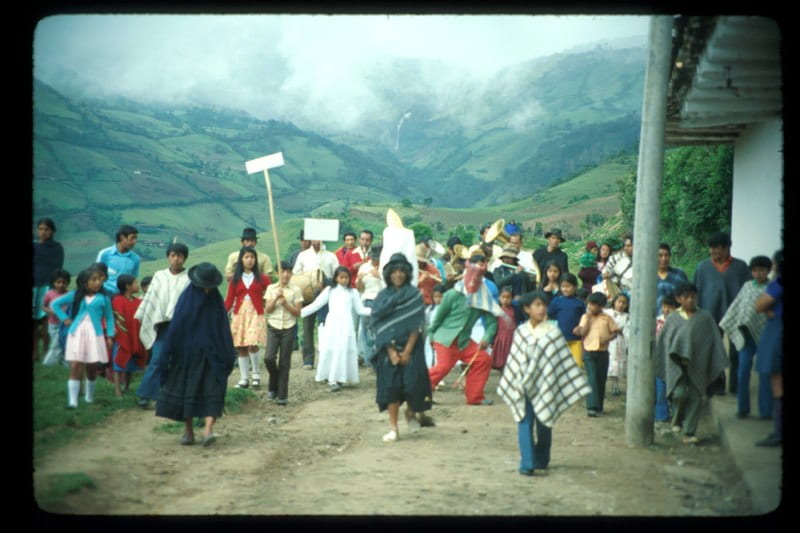
sj5 
sj58 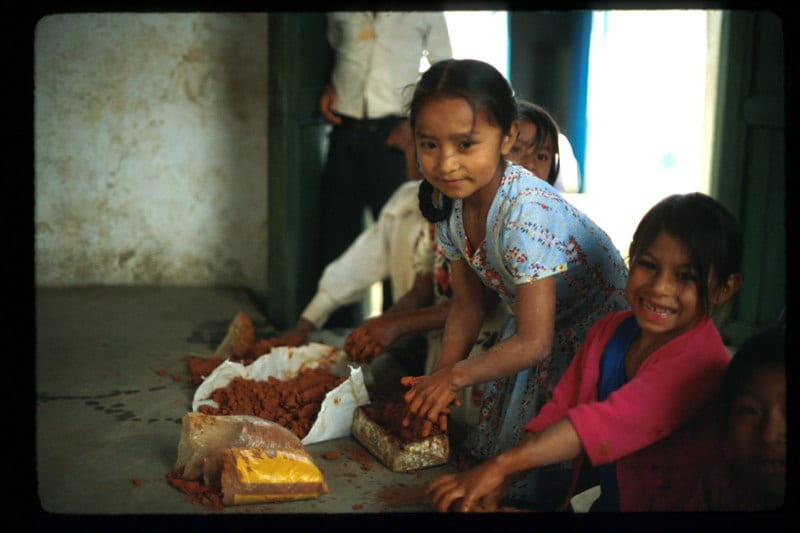
sj25 
Christmas celebrations, a chance for children to wear the masks they made at school 
sj60 
Girls are allowed to roam the plaza as long as they are doing something useful such as minding their 
Third grade classroom 
Making masks for the Christmas celebrations 
Olmedo Guaca, the fourth grade teacher 
Chrimias accompany all distinguished visitors 
Janet needs to stay home from school minding Dina her young sister